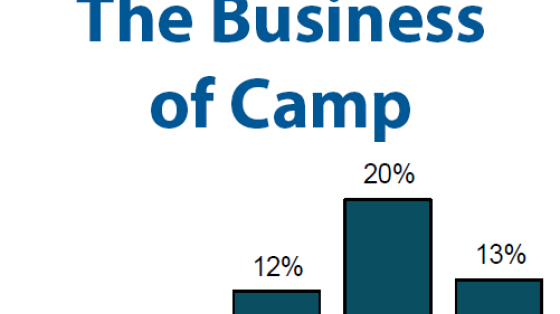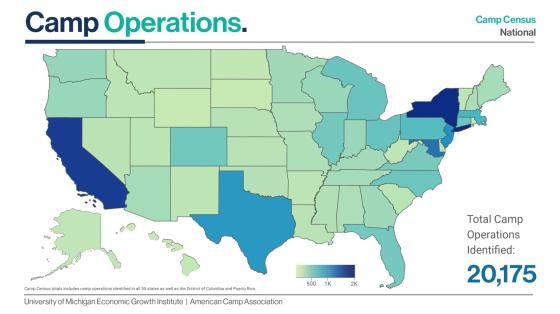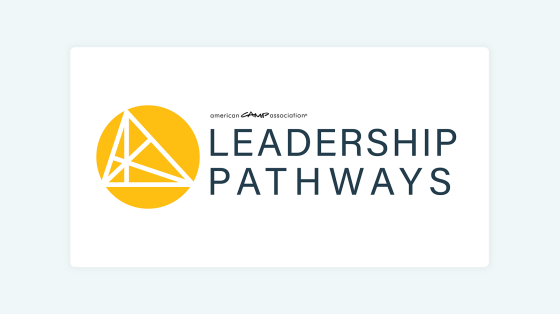Research
2022–2025 Promoting Character Through Counselors-In-Training Programs at Medical Specialty Camps
Over the course of three years, the American Camp Association collaborated with Abt Global and SeriousFun Children’s Network on a special project: Promoting Character Through Counselors-in-Training Programs at Medical Specialty Camps, made possible through the support from the John Templeton Foundation.
For more than a century, character development has been foundational to the camp experience, as each camp can offer a variety of opportunities to develop important character strengths and skills. Acknowledging the formative role camp plays in young people’s lives, there is an opportunity to understand character development from the perspective of medical specialty camps where campers use their character strengths and resilience to overcome adversity regularly. Further, focusing on counselor-in-training programs highlights the unique perspectives of adolescents and young adults living with disabilities and illnesses as they strived to “give back” to and become leaders in their camp communities. Building knowledge and understanding about the development of character (and specific character strengths) in resilient populations is an important contribution to the study of summer camps, as well as the greater youth development ecosystem.
This project engaged 12 medical specialty camps from around the world in a community of practice to create, disseminate, and implement new ideas, specifically about how to promote character in counselor-in-training programs in medical specialty camps. The community of practice participants and project partners collaboratively developed a character development framework and a tool kit designed to explain to camp practitioners how to elevate seven character strengths in their unique camp settings. These strengths were chosen by the community of practice members for their peers working at medical specialty camps, to prioritize character work that prioritizes the unique population of adolescents and young adults living with disabilities and illnesses.
Tool Kit
- Character Playbook for CIT Programs at Medical Specialty Camps
- Free Online Course — the course includes a character playbook, videos to exemplify activities for each character trait, and facilitation guides to accompany the relative activities.






